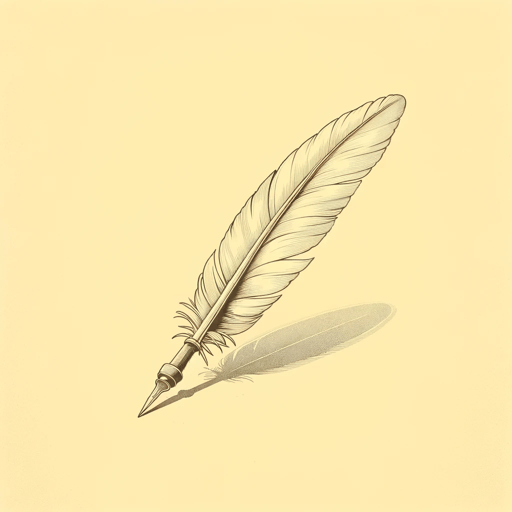70 pages • 2 hours read
Edmond RostandCyrano de Bergerac
Fiction | Play | Adult | Published in 1897A modern alternative to SparkNotes and CliffsNotes, SuperSummary offers high-quality Study Guides with detailed chapter summaries and analysis of major themes, characters, and more. For select classroom titles, we also provide Teaching Guides with discussion and quiz questions to prompt student engagement.
Literary Devices
Allusions
Allusions, or references to other works of literature and myth, abound in Cyrano de Bergerac. Many allusions are drawn from classical Greek works like the Odyssey and the Iliad by Homer. The allusions reflect the action of the play. For instance, romantic relationships are compared to the couple Ulysses and Penelope while the military hero Achilles is alluded to when the Cadets are at the front fighting the Spanish.
Apollo, Greek god of the sun, medicine, and poetry, is also alluded to several times in the play. As patron of poetry, Apollo can be seen as the patron of Cyrano, the wordsmith. However, Apollo is also the deity that punishes the Greeks in the Iliad for their pride and love of women, spreading disease in the camp at the start of the epic narrative. Furthermore, the god is often referred to as “gold-locked Phoebus” (61) or “Phoebus Apollo,” (65) meaning bright and beautiful, which more closely parallels Christian and raises questions about The Nature of Beauty and the Mind.
Later in the play, furthering Cartesian dualities, Ragueneau explains his wife’s adultery by contrasting Mars, god of war, and Apollo in his role as patron of poets, saying that Mars has taken his wife away when she left him for a soldier.
Featured Collections
Art
View Collection
Beauty
View Collection
Books About Art
View Collection
Books & Literature
View Collection
Comedies & Satirical Plays
View Collection
Dramatic Plays
View Collection
French Literature
View Collection
Grief
View Collection
Pride & Shame
View Collection
Romance
View Collection
School Book List Titles
View Collection
Truth & Lies
View Collection
Valentine's Day Reads: The Theme of Love
View Collection
War
View Collection

